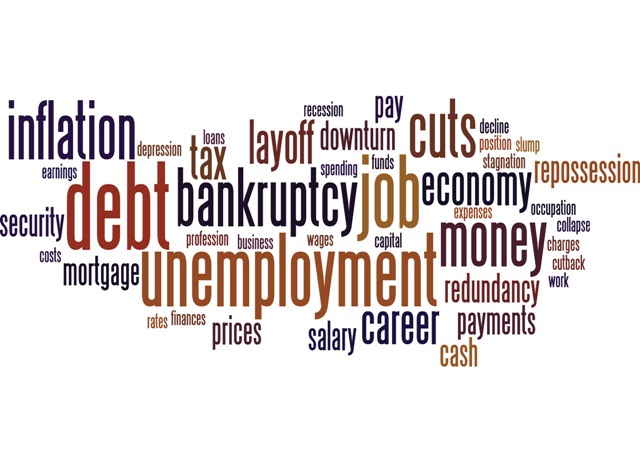In an era marked by growing wealth inequality, ethical concerns in financial markets, and debates about sustainable economic systems, Islamic principles of social and economic justice offer unique insights that resonate beyond religious boundaries. This comprehensive analysis examines how Islamic teachings, derived from the Quran and authenticated hadith (prophetic traditions), address fundamental economic challenges while proposing solutions that remain relevant in today’s complex financial landscape.
Core Principles of Islamic Economic Justice
1. The Divine Ownership Principle
At the foundation of Islamic economics lies the concept that all wealth ultimately belongs to Allah (God), with humans serving as trustees rather than absolute owners. The Quran states:
“To Allah belongs whatever is in the heavens and whatever is in the earth.” (Quran 2:284)
This fundamental principle establishes that wealth is a trust (amanah) from God, carrying with it social responsibilities and ethical obligations. This perspective challenges the modern notion of absolute private ownership and encourages a more socially conscious approach to wealth management.
2. Prohibition of Riba (Interest)
One of the most distinctive features of Islamic economics is its prohibition of riba (usury/interest). The Quran strongly condemns interest-based transactions:
“Those who consume interest cannot stand [on the Day of Resurrection] except as one stands who is being beaten by Satan into insanity.” (Quran 2:275)
The wisdom behind this prohibition includes:
- Preventing wealth concentration among the already wealthy
- Encouraging risk-sharing rather than risk-transfer
- Promoting real economic activity over financial speculation
- Protecting vulnerable members of society from exploitation
Modern applications of this principle have led to the development of Islamic banking and finance, which emphasizes profit-and-loss sharing arrangements rather than interest-based lending.
Practical Mechanisms for Economic Justice
1. Zakat: Mandatory Wealth Redistribution
Zakat, one of Islam’s five pillars, represents a sophisticated wealth redistribution system. The Prophet Muhammad (peace be upon him) said:
“Wealth is never diminished by giving charity.” (Authenticated by Al-Tirmidhi)
Key features of zakat include:
- Annual contribution of 2.5% of qualifying wealth
- Specific categories of eligible recipients
- Focus on poverty alleviation and social development
- Emphasis on local distribution before international allocation
2. Ethical Business Practices
Islamic teachings emphasize transparent and ethical business conduct. The Prophet Muhammad (peace be upon him) stated:
“The truthful and honest merchant will be with the prophets, the truthful, and the martyrs.” (At-Tirmidhi)
Key business ethics principles include:
- Prohibition of fraud and deception
- Fair pricing and market regulation
- Worker rights and fair wages
- Environmental stewardship in business operations
Modern Applications and Challenges
1. Islamic Banking and Finance
The global Islamic finance industry, valued at over $2 trillion, demonstrates the practical application of Islamic economic principles in modern contexts. Key features include:
- Profit-and-loss sharing arrangements
- Asset-backed financing
- Ethical investment screening
- Prohibition of speculative transactions
2. Sustainable Development Goals (SDGs)
Islamic economic principles align significantly with contemporary sustainable development objectives:
- Poverty elimination (SDG 1)
- Zero hunger (SDG 2)
- Reduced inequalities (SDG 10)
- Responsible consumption (SDG 12)
3. Worker Rights and Labor Justice
Islamic teachings emphasize worker dignity and fair treatment. The Prophet Muhammad (peace be upon him) said:
“Give the worker his wages before his sweat dries.” (Ibn Majah)
Modern applications include:
- Fair wage policies
- Safe working conditions
- Work-life balance
- Professional development opportunities
Addressing Contemporary Challenges
1. Wealth Inequality
Islamic economic principles offer several mechanisms to address wealth inequality:
- Progressive zakat system
- Voluntary charity (sadaqah)
- Inheritance distribution laws
- Prohibition of hoarding
2. Environmental Sustainability
Islamic teachings on economic development emphasize environmental stewardship:
- Resource conservation
- Sustainable consumption
- Environmental protection
- Intergenerational equity
3. Financial Inclusion
Islamic finance promotes financial inclusion through:
- Microfinance initiatives
- Interest-free loans (Qard Hasan)
- Community-based financial solutions
- Technology-enabled financial access
Conclusion
Islamic principles of economic justice offer a comprehensive framework that addresses many contemporary economic challenges. By combining ethical guidelines with practical mechanisms, these principles provide valuable insights for building more equitable and sustainable economic systems.
The emphasis on social responsibility, environmental stewardship, and ethical business practices resonates with modern sustainable development goals and social justice movements. While implementation challenges exist, the growing success of Islamic finance and its alignment with global sustainability objectives demonstrates its continued relevance and potential contribution to addressing modern economic challenges.
For both Muslim and non-Muslim societies, these principles offer valuable insights into creating more equitable, sustainable, and ethically-grounded economic systems that serve the common good while promoting individual prosperity within moral boundaries.







